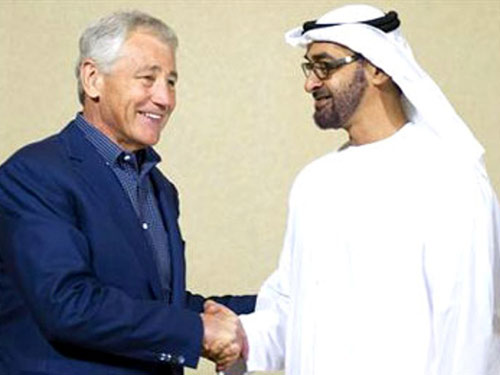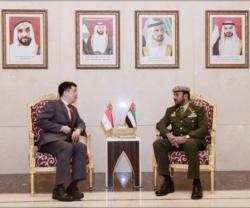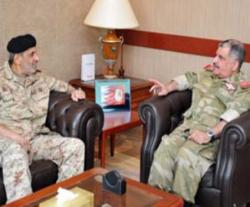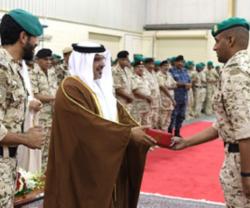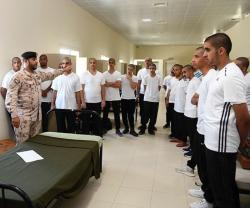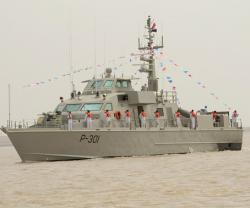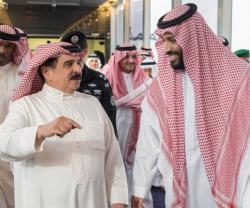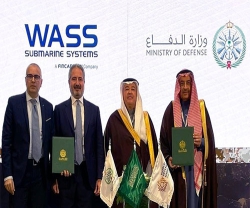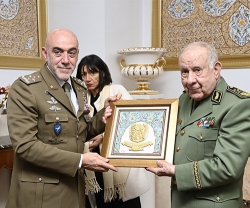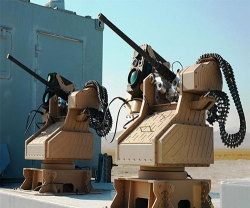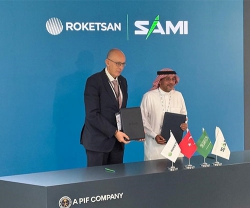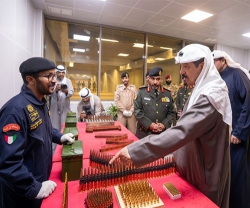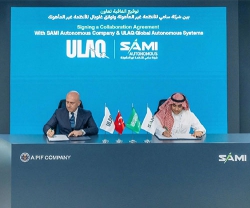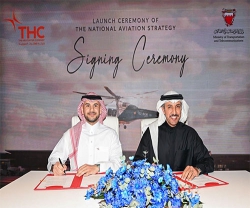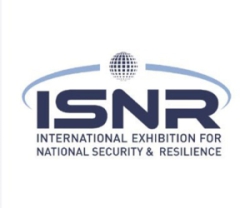Syria's civil war and Iran's nuclear program have led to tensions, with Gulf states willing a more assertive US response to bring Iran to heel and force Syrian President Bashar al-Assad from power. Growing US energy independence has further complicated a relationship founded on oil and defense.
Some Gulf oil states had even begun to wonder if the alliance was anything more than the “practical marriage of convenience for a finite period of time” that Henry Kissinger, in a 2007 interview, saw in Washington's ties to Saudi Arabia.
Washington is moving to dismiss such doubts, indicating its military partnership with the ruling dynasties who sit on a third of the world's conventional oil reserves will remain deep-rooted, even if trimmed by budget cuts at home.
“The United States isn't going anywhere. The United States is firmly committed to the security of all our regional partners,” said a senior official accompanying US Defense Secretary Chuck Hagel in the Middle East last week. “We understand in a clear-eyed way what the threats are in the region.”
Hagel began his week-long trip days after the Pentagon said it was finalizing a $10 billion arms deal that would strengthen the militaries of Saudi Arabia and the United Arab Emirates, as well as that of Israel.
The agreement, more than a year in the making, would result in the sale of 25 F-16 Desert Falcon jets worth nearly $5 billion to the UAE. The UAE and Saudi Arabia also would be allowed to purchase weapons with so-called “stand-off” capabilities that enable them to engage the enemy with precision at a distance.
A few days before the trip, President Barack Obama welcomed to the White House Crown Prince Mohammed bin Zayed of the UAE, the largest US export market in the Middle East.
In a joint statement they reaffirmed a shared commitment to “close defense and security cooperation, including joint training exercises, counterterrorism cooperation and the deployment of interoperable US defense systems”.
The deal, and Sheikh Mohammed's warm US welcome, are the latest in a series of signals Washington is sending to the region of its undimmed resolve to support the ruling families, partners in Washington's confrontation with Iran.
The West's energy watchdog, the International Energy Agency, says it expects a continued fall in US oil imports, with North America becoming a net oil exporter by around 2030 and the United States becoming almost self-sufficient in energy by 2035.
Some Gulf Arabs worry that a United States self reliant in oil might show less commitment to safeguarding the Strait of Hormuz, the world's main energy artery through which 40% of the world's sea-borne oil exports pass.
Ensuring global energy security is likely to remain an important part of US strategy, said a US official based in the Middle East. While US purchases of Gulf oil may be declining, global dependence is increasing. This fact engages American support, he said.
“Since the health of the US economy is closely tied to the world, there's every reason for Washington to help protect its allies here,” said Les Janka, a former White House and Pentagon official who now heads a business consultancy in Riyadh.
Energy is far from the only concern. A US pivot to Asia, perceptions of US economic decline and US military withdrawals, first from Iraq and now from Afghanistan, have blurred Gulf Arabs' security landscape.
In Bahrain, home of the US Fifth Fleet and an important Western ally in keeping Hormuz open, the ongoing unrest has led to prompted calls by some in Washington for US ships to base elsewhere.
In December a summit of the six-nation Gulf Cooperation Council announced plans to set up a unified military command to tighten defense co-operation among the Gulf States.
GCC states are increasingly well-armed. Defense spending by GCC states rose about 9% to $74 billion last year, estimated Nicole Loeser, Middle East analyst at Forecast International. She predicts it will hit $86 billion in 2017.
Yet Gulf states have faced a host of obstacles to military integration, including a lack of common equipment and their own reliance on bilateral accords with their US ally.
Source: Reuters

